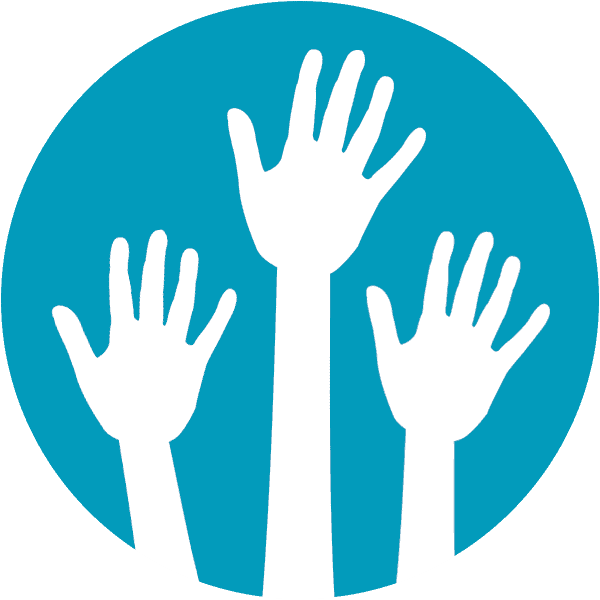New AI Platform Diagnoses Focal Dystonia with High Accuracy in Less Than One Second
Researchers at Massachusetts Eye and Ear in Boston led by Kristina Simonyan, MD, PhD, Dr med have developed a unique diagnostic tool that detects dystonia from MRI scans, the first technology of its kind to provide an objective diagnosis of the disorder. Dr. Simonyan is a former member of the DMRF Medical & Scientific Advisory Council.
In a newly published study, researchers developed an artificial intelligence(AI)-based deep learning platform called DystoniaNet to compare brain MRIs of 612 people, including 392 patients with three different forms of isolated focal dystonia and 220 healthy individuals. The study included patients with laryngeal dystonia, (spasmodic dysphonia), cervical dystonia, and blepharospasm. The platform diagnosed dystonia with an astonishing 98.8% accuracy. During the process, the researchers identified a microstructural neural network biomarker for dystonia. With further testing and validation, it may be possible for DystoniaNet to be implemented by movement disorder clinics to make high probability diagnosis of dystonia by MRI. In such cases a physician will be able to use this information to more confidently and quickly confirm the diagnosis and recommend treatment without delay. There is currently no biomarker of dystonia and no single test to make a diagnosis.
Traditionally, a dystonia diagnosis is made based on tedious clinical observations. Previous studies have found that about 50% of cases go misdiagnosed or underdiagnosed at a first patient visit.
DystoniaNet utilizes deep learning, a particular type of AI algorithm, to analyze data from individual MRI and identify subtler differences in brain structure. The platform simultaneously detects clusters of abnormal structures in several regions of the brain that are known to control processing and motor commands. These small changes cannot be seen by a naked eye in MRI, and the patterns are only evident through the platform’s ability to take 3D brain images and zoom into their microstructural details.
DystoniaNet is a patent-pending proprietary platform trained using Amazon Web Services computational cloud platform. The technology interprets an MRI scan for microstructural biomarker in 0.36 seconds.
Future studies are needed to examine additional types of dystonia and will require trials at multiple clinics and hospitals to further validate the DystoniaNet platform in a larger number of patients.
The Dystonia Medical Research Foundation is a 501(c)(3) non-profit organization dedicated to advancing research for improved dystonia treatments and ultimately a cure, promoting awareness, and supporting the well-being of affected individuals and families.



